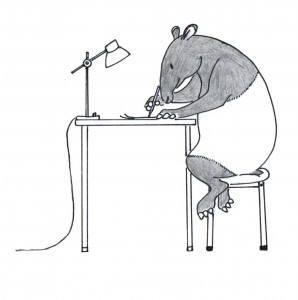 Writing is fun. If you want to make a career of it, this is what you need to do:
Writing is fun. If you want to make a career of it, this is what you need to do:
- Read a lot.
- Write whenever you can
- Start a journal of ideas and happenings.
- Carry a notebook with you so you can write down interesting things, ideas and descriptions of people you meet.
- Decide what sort of writer you are. If you like reading a certain kind of writing, (for example, sports pieces or vampire novels) then this is probably the sort of writer you will turn out to be.
- Volunteer to write articles and fiction pieces for local community or club newsletters.
- Join a writer’s group, or start one of your own.
LOOK AT STORIES AND ARTICLES IN MAGAZINES YOU READ
- How long are they? (How many words)
- What sort of style are they written in; lots of facts, or do people give their opinions.
- What sort of topics are in the magazine?
- Who are the types of people that are likely to read this kind of magazine?
- Journalist (includes newspaper, radio and tv)
- Copy writer (writes advertisements for newspaper, radio and tv)
- Screen writer (writes movies)
- Playwright (writes plays)
- Corporate Writer – writes newsletters and things for businesses.
- Technical Writer – writes instructions, computer manuals; technical stuff.
- Author – writes fiction and non-fiction books for kids.
- Performance writer – writes things they perform themselves
- Comedy writer – could write for yourself or for television and film
- Internet writer – work on websites etc for businesses and organisations.
SOME USEFUL WEB SITES FOR YOUNG WRITERS
- Dee White website
- Sally Odgers website
- Express Media
- The Book Chook
- From Hook to Book
- Kat Apel’s blog
To be a writer takes more than talent. You will also need to persist, keep writing, keep trying to get your work published; if you love your story don’t give up until you find a publisher who loves it too.
FOLLOW SUBMISSION GUIDELINES
If you are submitting for a competition or to a publisher, make sure you read the submission guidelines first (usually available on the publisher/competition website)
General guideline to follow are:
- 2 spaces between each line
- Times or other easy to read font – 12 pt
- 3 cm margins all the way around
- pages numbered with title of piece included as well
- Clean white paper (no tomato sauce or coke stains)
Once your work is ready to submit:
Read it out aloud to yourself; this will help you pick up some mistakes that you haven’t noticed. If spelling isn’t your strong point, make sure a good speller has looked over your work and helped you get rid of any mistakes.
Ask yourself these questions:
- Does the piece make sense?
- Is the piece attention grabbing?
- Does the piece have an original slant, idea or angle?
A portfolio is a folder of things that you have written and had published. Published work will add to your resume and help you get into writing courses and writing jobs.
To build up your published work, you might have to volunteer first; write for local newsletters. You could even volunteer to write ads or your community radio station. The more published work you have to show people, the better.
Most importantly, enjoy your writing and persist with it. Most writers don’t get published the first time they try, but many go on to make it their career.
My novel, Letters to Leonardo took more than ten years to write. In that time, I did more than 30 drafts and around 1,000,000 words. But when I held the published book in my hand for the first time, I knew that every hour I’d spent on it (around 1800) had been worth the effort.
WRITING TIPS
STORY BEGINNINGS
The start of your story is very important. From the moment the reader turns the first page, your book needs to hook them in straight away; your first words should make the reader want to keep reading. Your beginning needs to put questions in the readers mind that are answered throughout the book.
Look at some books that you have enjoyed and see how the authors have started their stories. This will give you some ideas about how to hook your readers in.
SENTENCES
It’s important for your sentences to begin and end in the right place. If they don’t, your writing won’t make sense to the reader.
TIPS FOR WRITING SENTENCES
- Read your work out aloud. If you pause, this is where the sentence should finish and a new one should start.
- Check to see that every sentence has a subject (person, animal, object or thing that the sentence is about) and a verb (action word eg ran, went, ate etc).
TENSE OR POINT OF VIEW
You need to decide if you are writing your story about something that has already happened (past tense; was, had, went etc) or something that is happening now (present tense; is have, go).
It is really important that your tense stays the same all the way through your story; otherwise it will be confusing for your reader.
SHOW DON’T TELL
Instead of writing about a conversation that your character overheard, show the conversation; show who said, what.
Instead of writing that, “Yesterday, John fell down a rabbit hole”; describe him falling down the rabbit hole.
ONLY USE WHAT’S IMPORTANT TO THE STORY
If your character had a banana for breakfast, the reader doesn’t need to know this; UNLESS, the banana is important to the story eg, it has been illegally smuggled, there was a diamond hidden in the banana.
Before you start, it’s important to know where your story is going, otherwise it will wander out of control
Some people plot out every move; other people see where their character takes them. It’s up to you, how you plot, but you should have some idea of how your story will end.
Your story should contain a series of events that add more and more tension, moving towards the high point (which is called the climax), this is where everything comes to a head. This is the point at which things are resolved and the loose ends are tied up.
EDITING
Before you send your story off, get other people to read it and check for mistakes, typos etc. Ask them if your story made sense to them; if it engaged them and kept them wanting to know what happened next.
GETTING YOUR MANUSCRIPT ASSESSED
I don’t do manuscript assessments, but you can get one done by children’s author Sally Odgers who has had more than 200 books published.
Your local writer’s centre will also have information about where you can get your work assessed.
The Australian Writer’s Marketplace is another source of information for assessors and writing groups in your state/area. It also has lots of other great information about publishers and where you can get your work published.
Good luck with your writing.
Dee
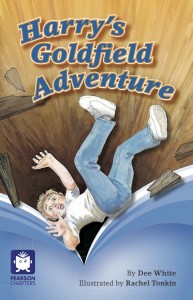 EDITING CHECKLIST – IS YOUR STORY THE BEST IT CAN BE?
EDITING CHECKLIST – IS YOUR STORY THE BEST IT CAN BE?
WHAT TO LOOK FOR:
These are some of the things that make up a good story.
- A beginning that hooks the reader in
- A story that sounds good when you read it out loud
- A story where everything makes sense
- A story that has no spelling mistakes
- An exciting plot that keeps the reader reading and brings the story to a believable satisfying conclusion
- A main character that readers will care about; with good qualities and flaws
- A plot that follows a logical sequence of events
- A plot where the reader understands what’s happening in the story
- A plot with a beginning, high point and conclusion.
- Consistent tense – a story that doesn’t confuse readers by flitting around between the past the present and the future
- A story that uses easy to understand and interesting language
- A story that doesn’t have a lot of repetitive words
- A setting that is interesting, well described and relevant to the story
Dialogue that is believable, shows character and moves the story along
Where Kids can get published
Competitions
- Daffodil Day Arts Awards (cancer theme)
- D-Mag – under 15 readership
- Eastern Regional libraries
- Dorothea Mackellar Poetry Awards – kindergarten to year 12
- Tim Winton Award for Young Writers – aged 5 to 17
- CYA Later Alligator Conference Competition
- John Marsden Prize for Young Australian Writers
- Fellowship of Australian Writers (Vic) – various competitions
- Alphabet Soup – literary Magazine for kids.
DON’T enter competitions that ask you to pay a large entry fee.
Other Publishing Opportunities
Voiceworks – a quarterly mag from Express Media publishes writers and artists under 25 – www.expressmedia.org.au
Vibewire.net promotes youth writing and art. Check out their competitons at www.vibewire.net
OzKids in Print (Childrens Charity Network) – www.ozkids.com.au
NSW School Magazines – publish mags for various age groups.
Alphabet Soup Literary Magazine for kids www.alphabetsoup.net.au/
DON’T submit work to places that want you to pay to have your work published.
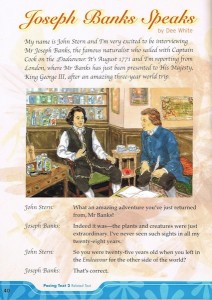
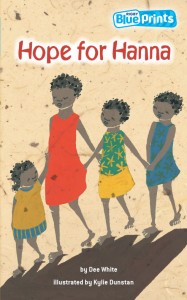
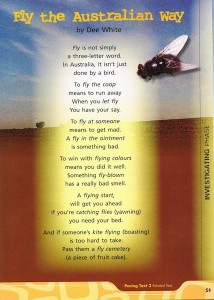
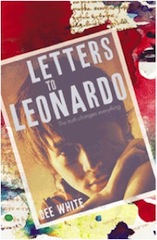
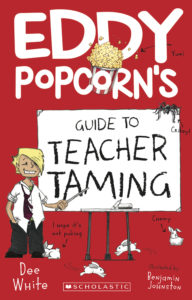
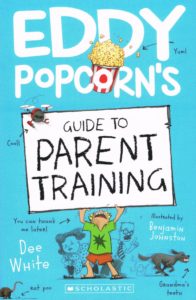
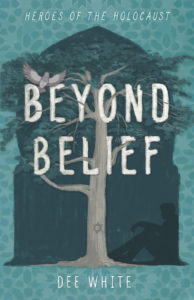
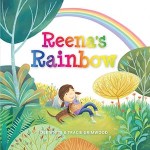
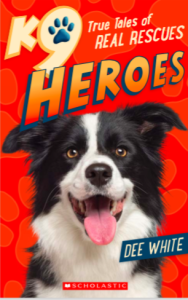
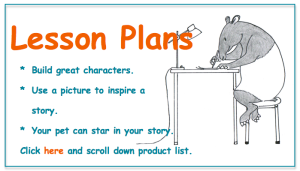
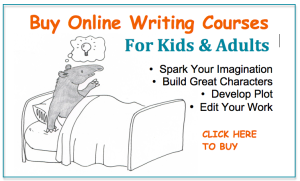
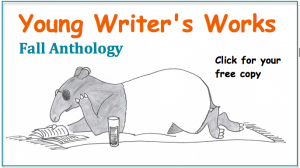
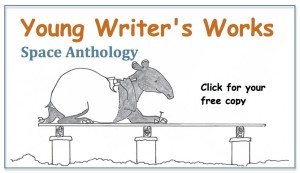

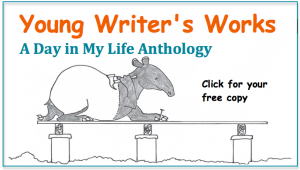
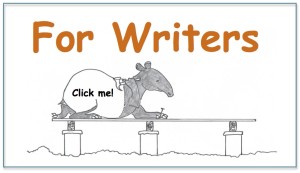
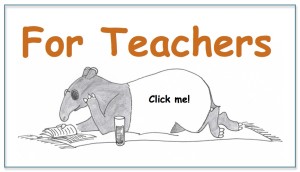

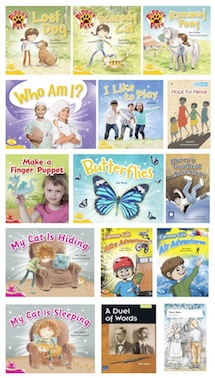
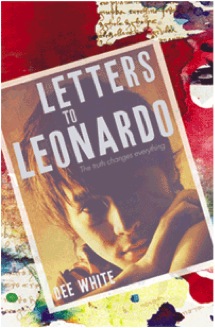


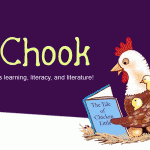
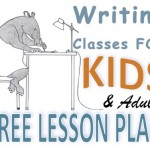
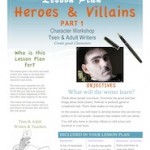
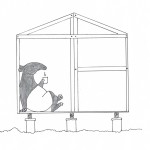


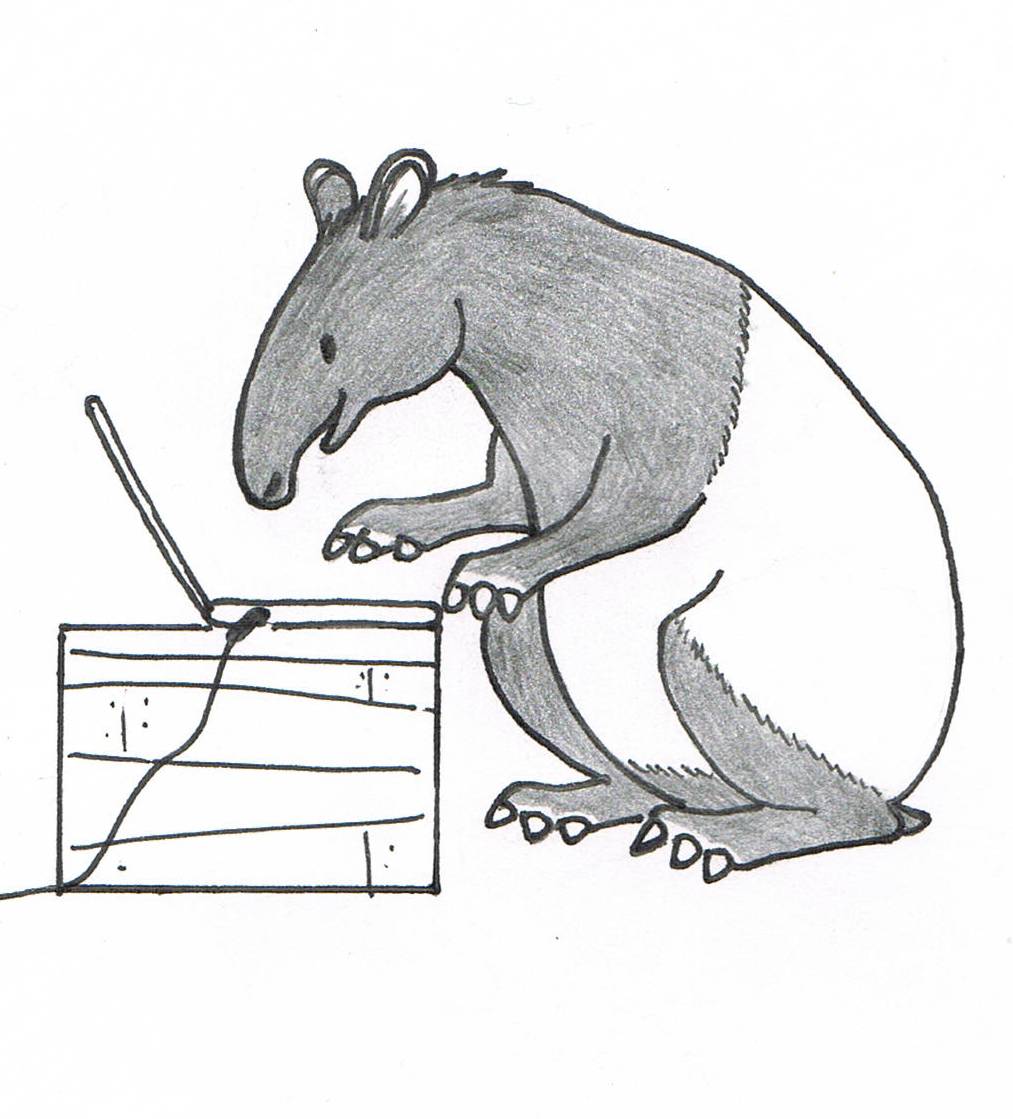
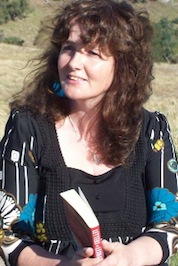
Great article. I am going to pass this onto my daughter. I also wanted to let you know that some of your links are not working 🙁
Hi Tahnea,
Thanks very much for your comment. I’m sorry about the links. I’ve been having issues with the internet yesterday and today. Hoping they will be resolved very soon and all the links will be working by tomorrow.
Thanks for your patience. I hope your daughter enjoys using Writing Classes For Kids. Always wonderful to see up and coming writers:)
Dee
Hello Dee,
I would like to thank you for making a lovely page about ‘How To Become A Writer’. I am hoping to become a well known author and your tips have definitely set me off on the right track.
Once again, thank you.
Lorna
I have also entered your competition and it was a great experience, even just entering xx
Thanks Lorna,
I look forward to reading your story.
Dee:)
Great Article! I am really looking forward to get back to writing some of my stories I have never got to finish! Super excited!!
Hay Dee,
I’ve loved to write since I started writing I’ve wrote plenty of stories in my life but none of them are great so I’m planning on writing a story called ‘I want to got to the moon’ I know it sounds weird It’s just that when I stopped writing for a year I dreamed of going to the moon but It will never happen,
Thanks, for the great article I hope it helps me and my future.
Thanks once again,
Milly
Hi Milly,
It’s great to hear that you love writing. I started writing stories when I was seven and just kept writing and now I’m a writer.
When I’m not writing, I’m like you, I’m thinking of what to write about.
I’m glad you liked the article.
Happy writing:)
Dee
Thanks for all the wonderful tips I really enjoy these tips I am glad that there are some tips out there because I am just starting to write again because I was distracted by school but now i have the chance because i am being home school I really appreciate that there are all different ways to express your books but what would you do if your book was to long? is it ever to long
anthea 🙂
Hi Anthea,
Thanks for your comment. A book is only too long if there are things in it that don’t really need to be there. Some books are only 20 words long. Others are more than 20,000 words long. A book is as long as it needs to be to tell the story you want to tell.
Do you have a book you are writing that you think might be too long? Feel free to tell me about it and I’d be happy to answer your questions.
Happy writing:) Dee
Hi,
My daughter likes to write stories and poems. She sends them for competitions too. But i think she can improve a lot. She is 12 years old. Would like to enroll her for your course.
thanks
Hi Priya,
Thanks for your message. It’s great that your daughter likes to write.
The classes are ongoing and are personalised for each student so they can do the work at their own pace.
Each course has six sessions. Each session contains writing tips and a writing activity. Students work their way through the session then complete the writing activity at the end and email it to me. I send them feedback with the notes for the next session.
The courses are designed to cover four areas and be taken in the following order:
1. Spark Your Imagination
This course helps writers think of new ideas to write about.
2. Heroes and Villains
This course helps writers develop their characters.
3. What Happens Next
This course helps writers plot or plan their stories. It also deals with writing the beginning, middle and end.
4. Editing
This course is for writers who have finished their story but want to know how to make it better, and perhaps submit it to competitions or publishers.
Writers do not have to complete all four courses and can take them in any order they wish or may choose to only do one or two depending on where their writing interests lie.
You can purchase a course online here: http://writingclassesforkids.com/products/
Please let me know if you have any questions.
Kind regards< Dee